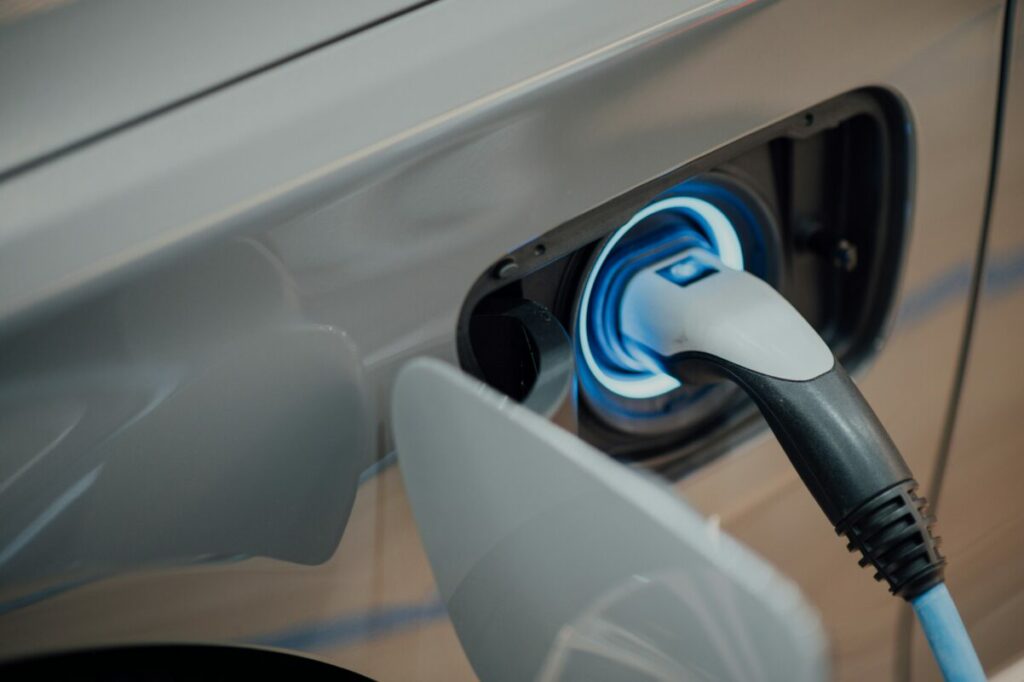UK Power Networks (UKPN) has released its open-source power cut software, called Powercast, which aims to increase confidence in electric vehicle (EV) charging processes.
The new technology allows customers in London, the south-east, and the east of England to acquire more reliable information about whether an EV charger could be out of service due to a power outage when using their charging apps.
Users are notified of planned or unplanned power outages, changes to scheduled electricity works, and estimated times for power restoration, as well as confirmation when power is restored, helping them plan their charging around any interruptions in service.
This follows the company’s successful trial of Powercast, which was completed in partnership with ev.energy, and UKPN is now encouraging other UK EV charging suppliers to use the software as well.
Luca Grella, head of innovation at UKPN, said: “The impact the widescale adoption of EVs will have on our climate cannot be overstated. Over half a million of our customers have made the switch already, but we want to enable everyone connected to our networks to make a safe and reliable shift to such low-carbon technology.”
Director of grid and data services from ev.energy William Goldsmith added: “We successfully trialled Powercast with 94% of customers surveyed wanting to continue receiving power cut notifications beyond the trial.
“Working closely with UKPN, we’ve been able to develop a notification feature that not only simplifies charging for our existing customers but hopefully helps more people to make the switch to an EV with confidence.”
Reliability is the key
In terms of EV adoption growth in the UK, a crucial aspect has been creating a sense of reliability that this new technology, be that chargers or the vehicles themselves, will work.
This has yet to be achieved, as is evident from a EV charging solutions company Manta-Ray EV’s 2024 EV Driver Study, released in February 2024.
Key highlights included the revelation that 43% of respondents said public chargers are unreliable, and 64% of respondents would not queue at a public charger but would instead look for another.
This lack of trust in the UK’s charging infrastructure will become increasingly significant as the number of new monthly EV registrations continues to grow.
The Society of Motor Manufacturers and Traders (SMMT) reported that February 2024 saw the highest volume of battery electric vehicles (BEV) sales for the month in 20 years, marking the 19th consecutive month of growth with an increase of 14% to 84,886 units.






